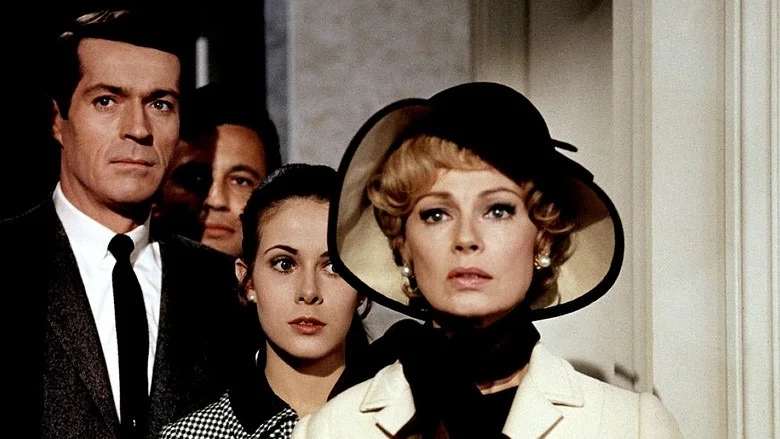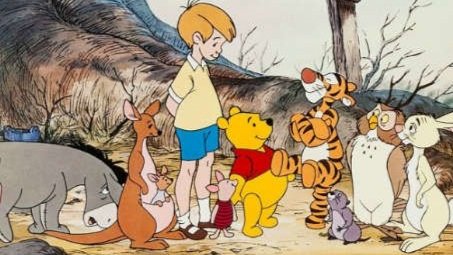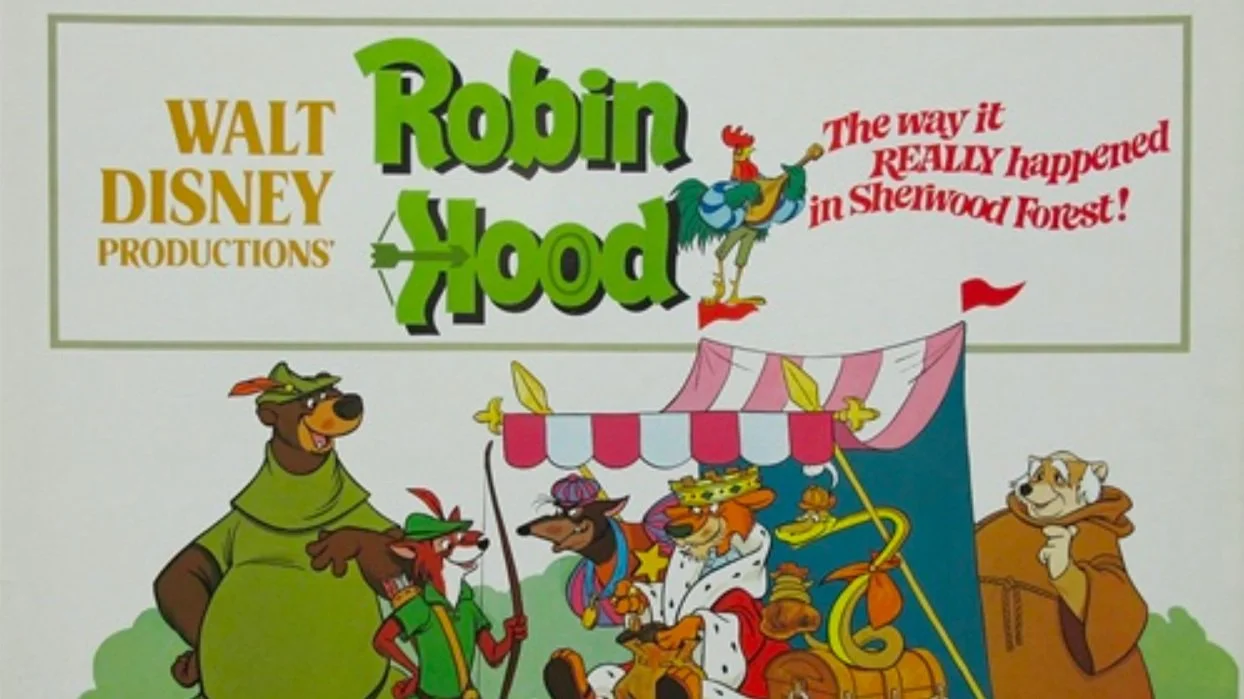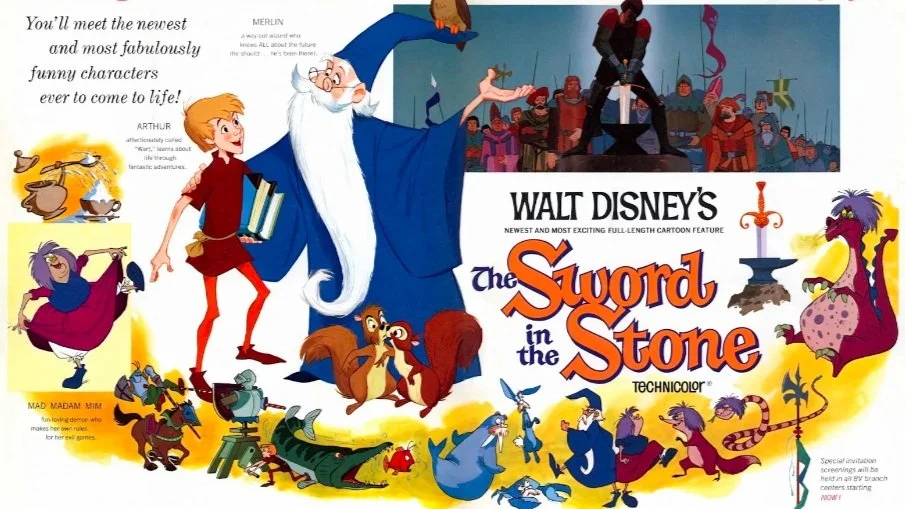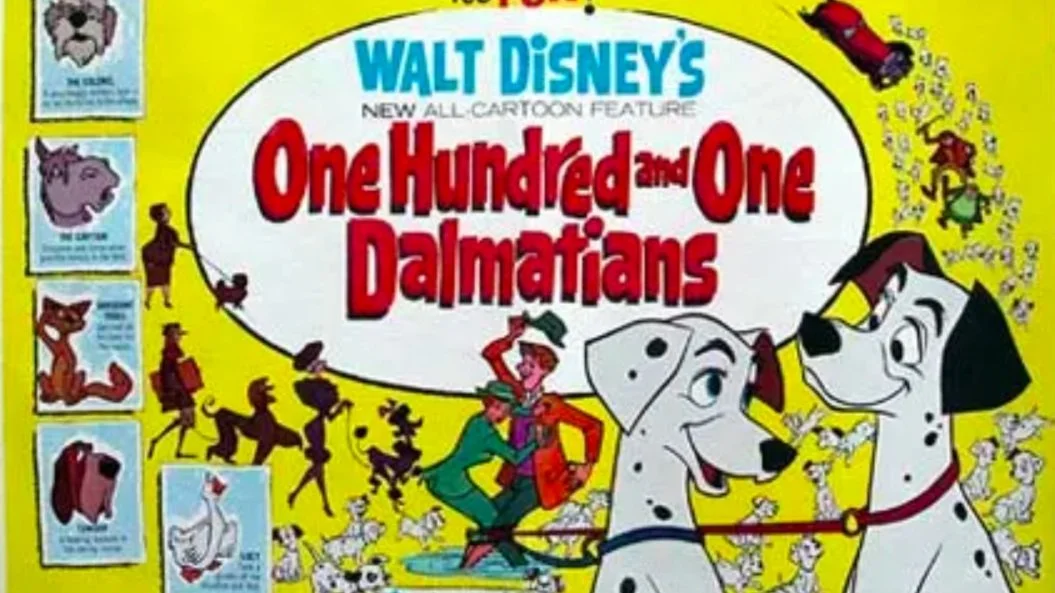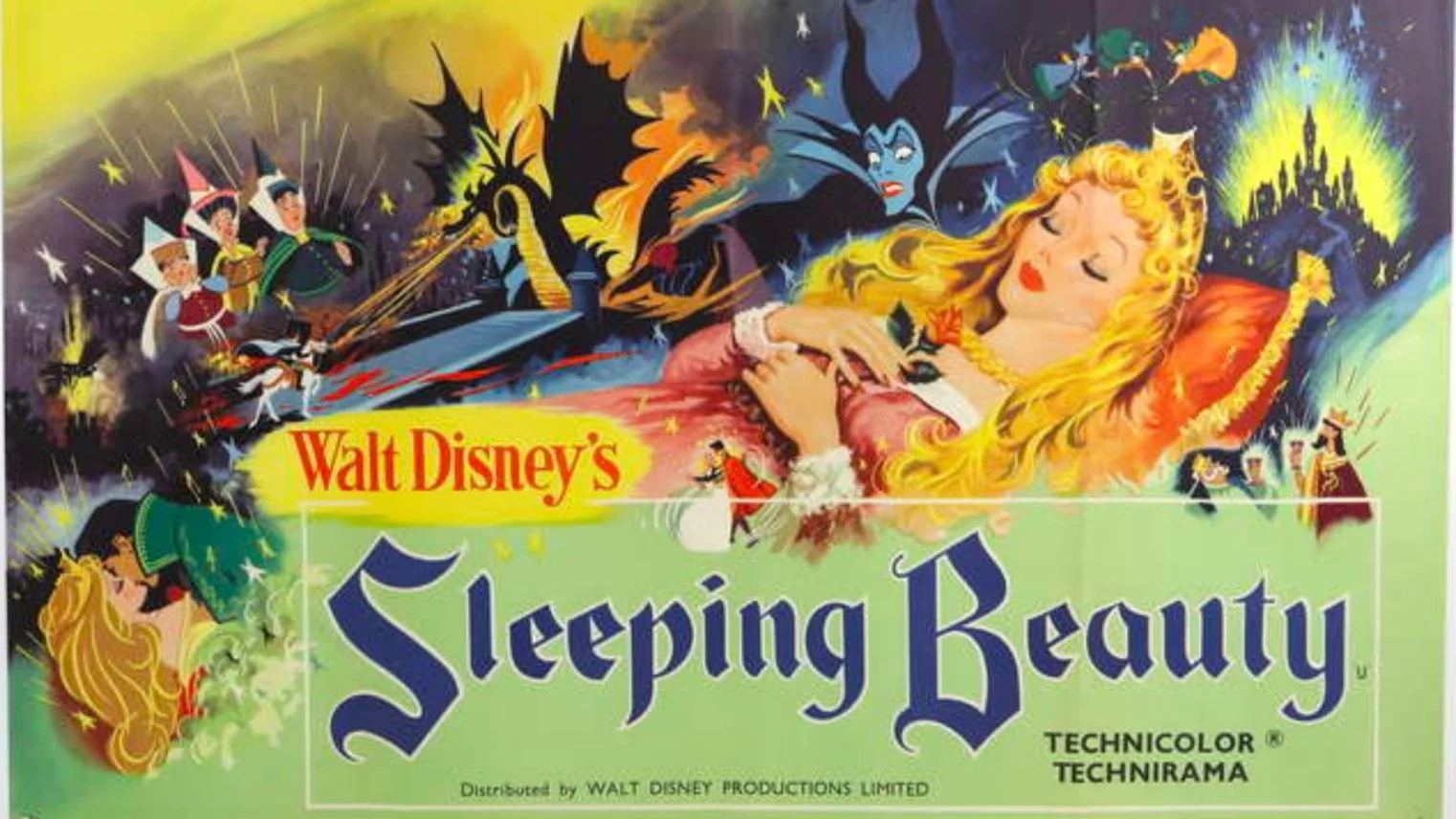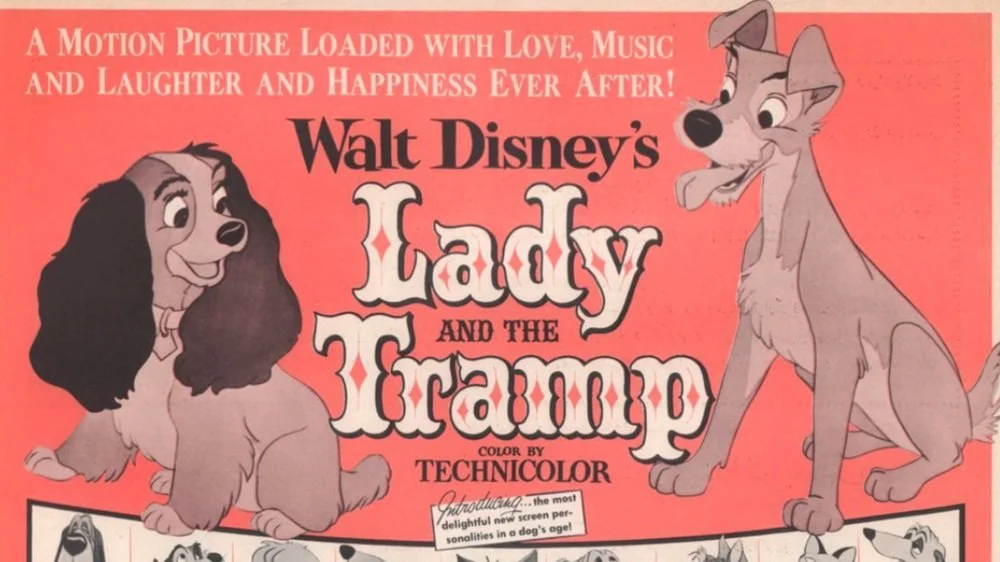Beginner's Guide to Alfred Hitchcock: Topaz (1969)
Many of Hitchcock’s best films feature a dynamite ending. Perhaps there’s a visual joke like the train going into the tunnel in North by Northwest. Claude Rains left with the Nazis in Notorious. Grace Kelly switching from the travel book to a fashion magazine in Rear Window. Hitchcock at his peak knew how to end a film, leaving the audience satisfied with the story and with the final, memorable image. But late in his career, Hitchcock directed the espionage thriller Topaz, a film with multiple alternate endings—neither of which leaves the viewer content with the experience. The 1969 film stars a number of respected international actors, including Karin Dor, Frederick Stafford, Dany Robin, John Vernon, Michel Piccoli, and Jon Forsythe.
When a Soviet agent defects to the West, CIA agent Nordstrom (Forsythe) finds out that Russian missiles are on their way to Cuba. He asks French agent Devereaux (Stafford) to bribe a Cuban delegate to provide photographic evidence. Devereaux receives the photographs and travels to Cuba to aid his mistress Juanita de Cordoba (Dor) in her resistance. Devereaux finds out that there is a Soviet organization within French intelligence called “Topaz,” and must unearth who is behind the leak of French information.
Topaz is a very complicated, episodic film. Adapted from the novel of the same name from famed historical novelist Leon Uris, Topaz has a lot of story to get through. There are many characters, who each get a few sequences to shine when the plot lands at their location. Running 142 minutes, this is Hitchcock’s longest film and he somewhat earns the length. Hitchcock stages some impressive sequences with that classic Hitchcock touch. At one point, Devereaux witnesses the murder of his agent from across the street. Devereaux kills another ally to protect them from torture, and the death is shot from overhead over a chessboard-like floor. It’s an operatic, beautiful scene, both in terms of visuals and the rare show of compassion in the film. The camerawork, by British DP Jack Hildyard, is elegant and sophisticated.
I mentioned above that there were a few different endings. That was the end result of a very tumultuous writing process. Initially Hitchcock wanted Leon Uris to adapt his own novel, but the two heavily disagreed (Hitchcock wanted more character development for the villains, Uris objected to Hitchcock’s black humor). After failing to hire Arthur Laurents, Hitchcock had an unfinished script and the first day of shooting coming up. Finally, Hitchcock got Samuel Taylor (co-writer of Vertigo) to finish the script, and Taylor often had to rewrite scenes during filming. Hitchcock clashed with Taylor and the studio over the ending, and different endings were filmed. All of the alternate endings are available on the blu-ray. Frankly, however, none of the endings brings the story home.
The other issue with Topaz is that the movie can be plodding. The film does have a certain glamor and the set pieces are exciting. But the long running time means there are stretches of nothing of interest happening. The film was criticized in Hollywood for featuring almost no American movie stars. And yes, this is a far cry from Hitchcock’s 1950s period where he was working with Cary Grant, Grace Kelly, Eva Marie Saint, James Stewart, and Doris Day. While the cast of Topaz was well-regarded at the time, only Karin Dor has the appeal and charisma of a traditional movie star. Her sequences are the best in the film, and Topaz livens up with her presence.
Topaz is the third to last film in Hitchcock’s career. It is one of his most sprawling, recalling North by Northwest’s nationwide exploits. Parts of the film are fascinating to behold, while some of the dialogue scenes are rather hard to sit through. Topaz is the last Hitchcockian spy story, and I value it for being the last of its kind. Not all of it works, but there are flashes of what makes Hitchcock such a compelling, exhilarating filmmaker.

